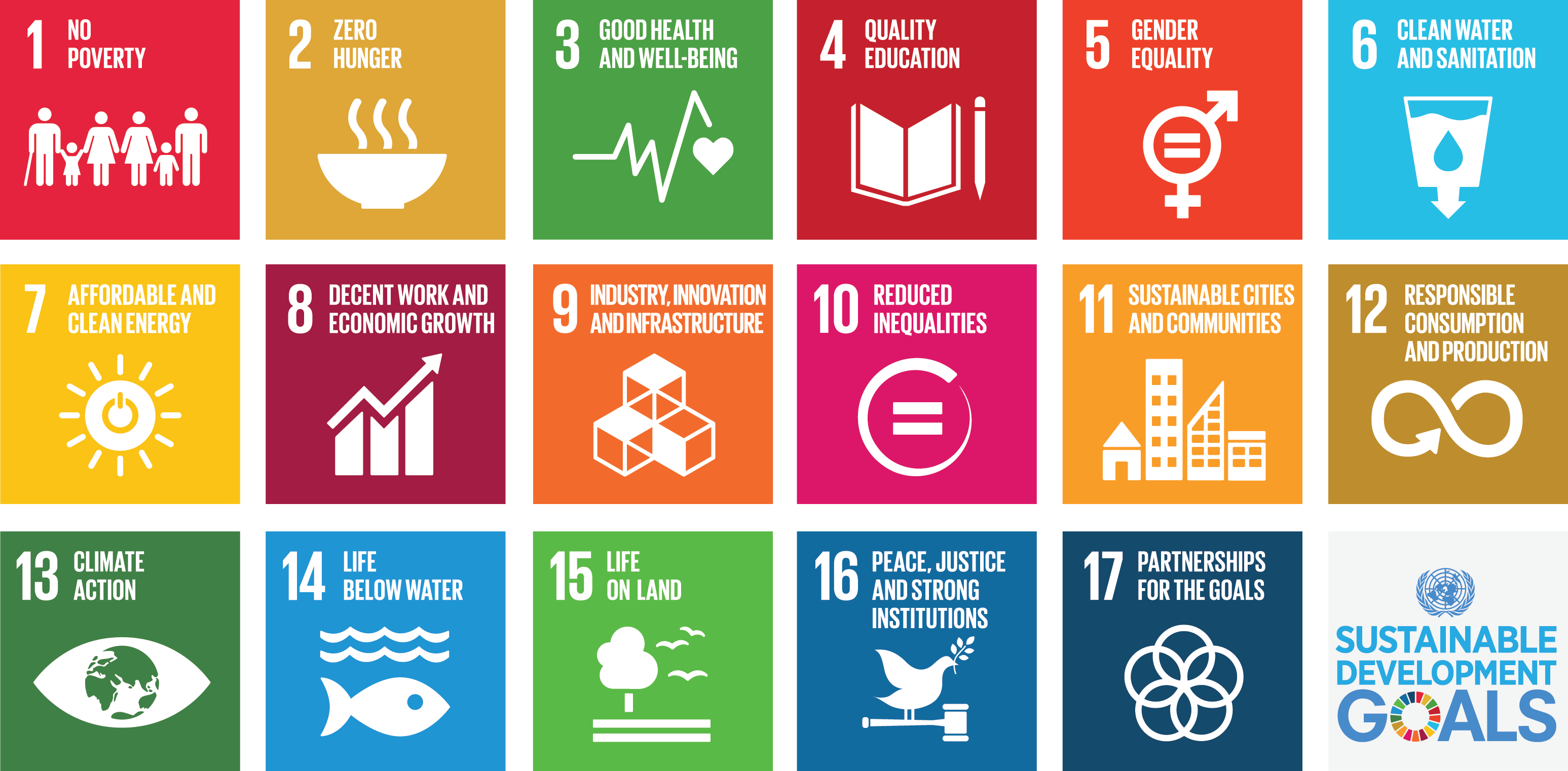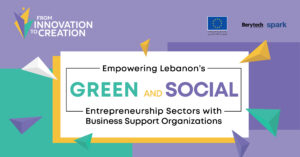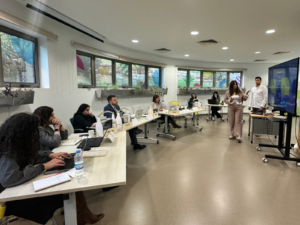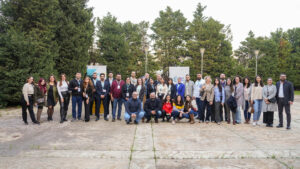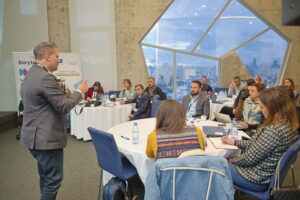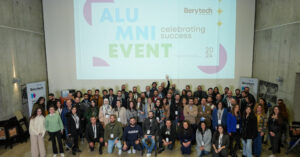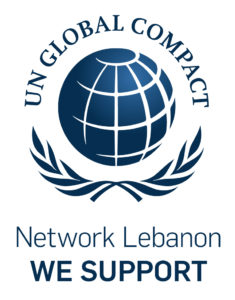 Berytech has recently joined the UN Global Compact, the world’s largest corporate sustainability initiative with over 8,000 companies and 4,000 non-business participants based in over 160 countries, and pledged to support their call to companies to align strategies and operations with universal principles on human rights, labor, environment and anti-corruption, and take actions that advance societal goals.
Berytech has recently joined the UN Global Compact, the world’s largest corporate sustainability initiative with over 8,000 companies and 4,000 non-business participants based in over 160 countries, and pledged to support their call to companies to align strategies and operations with universal principles on human rights, labor, environment and anti-corruption, and take actions that advance societal goals.
Berytech joins 122 participants in Lebanon, from different sectors, including academia, banking, local NGOs, SMEs, and businesses. “We are very proud to be joining the UN Global Compact and to commit to upholding universal principles,” comments Mr. Maroun N. Chammas, Chairman and CEO of Berytech, who pledged the commitment by signing a letter addressed to H.E. António Guterres, Secretary-General of the United Nations.
Berytech will engage locally by being an active participant in the Lebanon Network activities. “We are in the business of innovation and scalable solutions to society’s challenges, and we hope to play an important role in shaping our collective future,” concludes Chammas.
Corporate sustainability is imperative for business today – essential to long-term corporate success and for ensuring that markets deliver value across society. To be sustainable, companies must do five things: Foremost, they must operate responsibly
in alignment with universal principles and take actions that support the society around them. Then, to push sustainability deep into the corporate DNA, companies must commit at the highest level, report annually on their efforts, and engage locally where they have a presence.
The Ten Principles of the UN Global Compact[1]
Corporate sustainability starts with a company’s value system and a principled approach to doing business. This means operating in ways that, at a minimum, meet fundamental responsibilities in the areas of human rights, labor, environment and anti-corruption.
Responsible businesses enact the same values and principles wherever they have a presence, and know that good practices in one area do not offset harm in another. By incorporating the Global Compact principles into strategies, policies and procedures, and establishing a culture of integrity, companies are not only upholding their basic responsibilities to people and planet, but also setting the stage for long-term success.
The UN Global Compact’s Ten Principles are derived from: the Universal Declaration of Human Rights, the International Labor Organization’s Declaration on Fundamental Principles and Rights at Work, the Rio Declaration on Environment and Development, and the United Nations Convention Against Corruption.
Human Rights
Principle 1: Businesses should support and respect the protection of internationally proclaimed human rights; and
Principle 2: make sure that they are not complicit in human rights abuses.
Labor
Principle 3: Businesses should uphold the freedom of association and the effective recognition of the right to collective bargaining;
Principle 4: the elimination of all forms of forced and compulsory labor;
Principle 5: the effective abolition of child labor; and
Principle 6: the elimination of discrimination in respect of employment and occupation.
Environment
Principle 7: Businesses should support a precautionary approach to environmental challenges;
Principle 8: undertake initiatives to promote greater environmental responsibility; and
Principle 9: encourage the development and diffusion of environmentally friendly technologies.
Anti-Corruption
Principle 10: Businesses should work against corruption in all its forms, including extortion and bribery.
Business and the Sustainable Development Goals: Acting Responsibly and Finding Opportunities
In September 2015, all 193 Member States of the United Nations adopted a plan for achieving a better future for all — laying out a path over the next 15 years to end extreme poverty, fight inequality and injustice, and protect our planet. At the heart of “Agenda 2030” are the 17 Sustainable Development Goals (SDGs) which clearly define the world we want — applying to all nations and leaving no one behind.
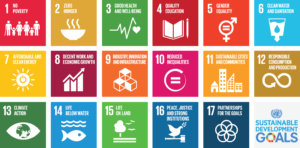
How Your Company Can Advance Each of the SDGs
Responsible business and investment – rooted in universal principles – will be essential to achieving transformational change through the SDGs. For companies, successful implementation will strengthen the enabling environment for doing business and building markets around the world.


